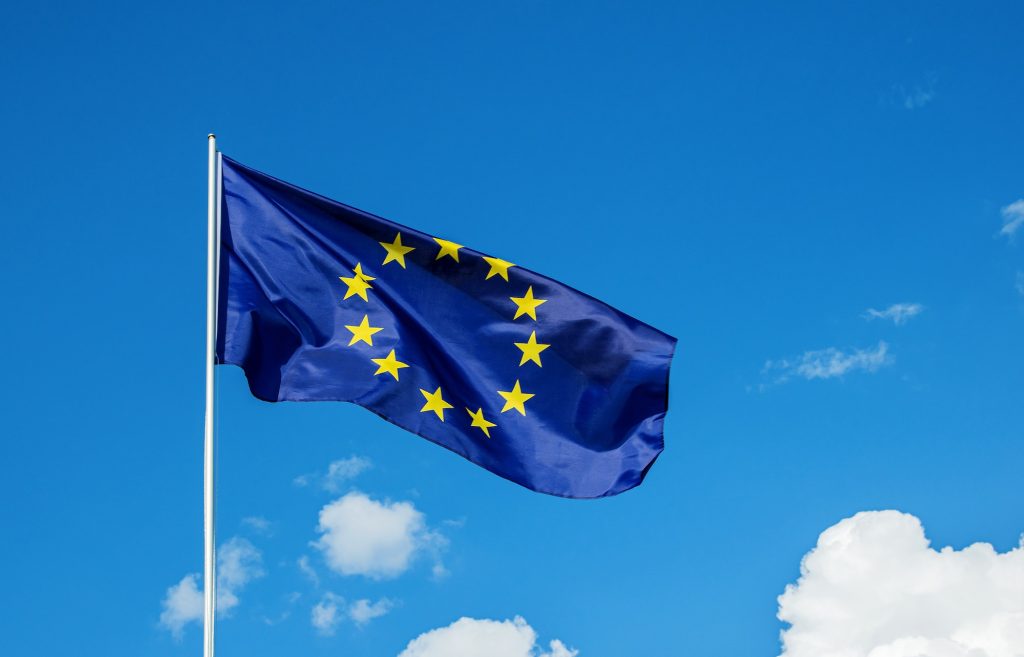EU enlists experts to draft AI regulation rules
A group of AI experts has been selected by the EU to draft a code of practice that will help companies comply with the upcoming AI Act. With a focus on transparency and copyright, the guidelines will provide a compliance framework for businesses ahead of the law’s full implementation in 2025.

The European Union has chosen a team of AI experts to help shape the guidelines for compliance with its upcoming AI Act. On 30 September 2024, the European Commission convened the first meeting of working groups responsible for drafting a ‘code of practice’ to guide how companies should meet the law’s requirements. The selected experts include figures like AI pioneer Yoshua Bengio, former UK policy adviser Nitarshan Rajkumar, and Marietje Schaake from Stanford University.
These working groups, which also feature representatives from major tech companies such as Google and Microsoft, will address issues like copyright and risk management. Although the code of practice won’t be legally binding, it will serve as a checklist for companies to prove compliance with the AI Act, which takes full effect in 2025. Firms that claim to follow the law but ignore the code may face legal challenges.
A key focus will be on the transparency of AI training data, a contentious issue in the industry. Some AI companies resist sharing details about the data used to train their models, citing trade secrets. The code of practice is expected to clarify how much information companies will need to disclose, with the potential for increased legal scrutiny over the use of copyrighted content.
